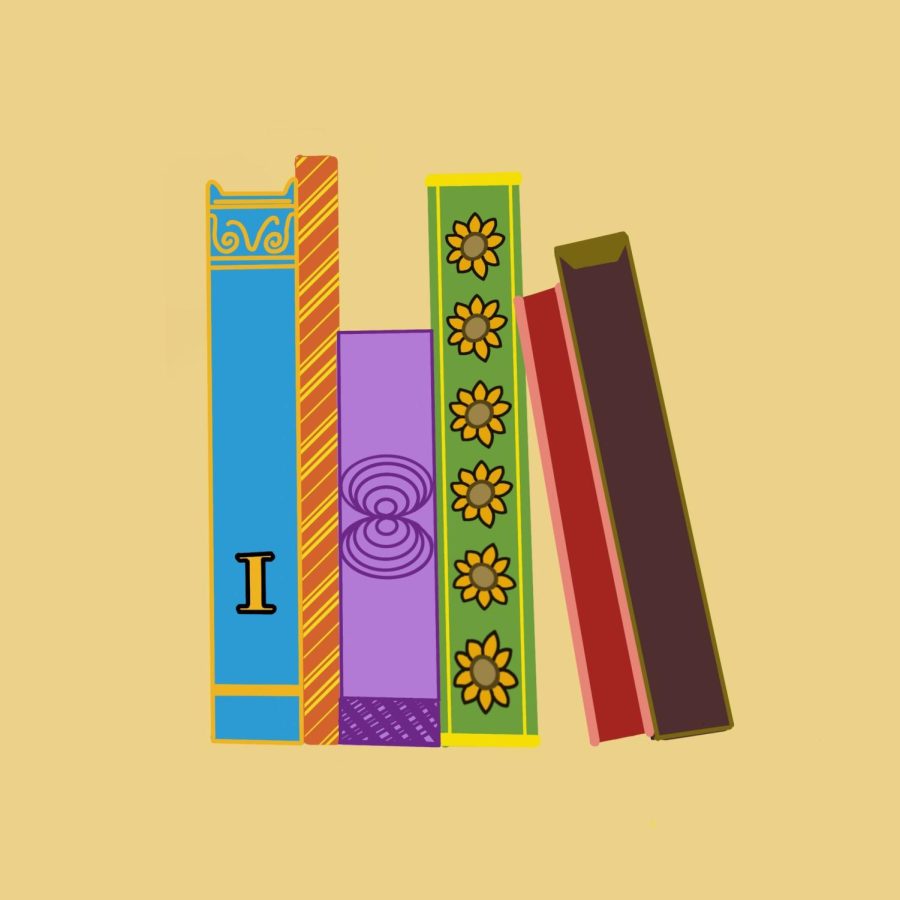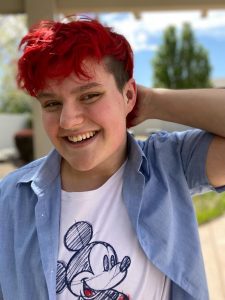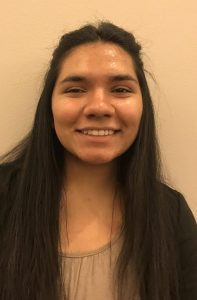The Humanities Are Worthy of Pursuit Now More Than Ever
(Design by Brenda Payan Medina | The Daily Utah Chronicle)
August 31, 2022
The humanities are a discipline often overlooked and judged for perceived impractical applications beyond the classroom — but many who regard the field so harshly might not know exactly what it is they are judging.
What Are the Humanities?
The University of Utah’s College of Humanities website defines the humanities as the study of “the nuances of cultural issues to interpret human experience, and to appreciate the power of words and ideas.” The humanities are concerned with broadening experiences and world views and can include anything from English and history to communication and creative writing. According to the website, ever year one-fifth of U diplomas granted are in the humanities. With that in mind, how do students find the humanities, and what draws them to it to begin with?
In the case of Natalia Anderson, humanities became her secondary field of study after working as a freelance graphic designer and finding herself drawn to the writing elements of the discipline. As a mother in her early 40s, Anderson’s decision to pursue writing and rhetoric and gender studies was one of exploration and taking a leap into a new field of interest.
“I would say you can apply it to so many things,” Anderson said.“People that are drawn to the humanities, I would say: go for it. Because I firmly believe that you can almost always find a place, when it comes to a workforce setting, where you can apply that knowledge and skillset that you gain from an education within the humanities.”
The Humanities Department at the U offers 24 majors and 35 minors from historical and cultural studies to English and language disciplines.
“In my experience, especially being in writing and rhetoric, the … group is pretty small, so you get to know everybody — both instructors and classmates,” Anderson said. “I think there’s an advantage to that. Sometimes it’s nice to not be such a huge department. You kind of get lost in the crowd as a student.”
Diversifying Perspectives
Emma Stanford is a recent graduate of Brigham Young University’s English major program with a minor in French literature studies. Stanford’s experience at BYU encompassed an appreciation for the humanities that was felt in the beautiful architecture of the college’s dedicated space. She described it as a large courtyard overlaid with trees, benches and gardens. A fountain occupies the center and completes the grand display for the newly constructed building — less than 10 years old, it’s one of BYU’s newest and grandest, Stanford said.
Stanford’s journey to the humanities was perhaps not as common as others. Her mother was responsible for leading her to the major and encouraging her to pursue something within the discipline.
“I loved telling my humanities professors that because they were like, ‘That’s the first time I’ve heard of a parent suggest to their kid that they take humanities — usually they’re trying to talk people out of it,’” Stanford said.
With a career in the corporate tech world, Stanford emphasized that sometimes saving money and making sacrifices to eventually be able to explore more passionate and creative avenues is necessary in order to make ends meet.
“I’m still doing the things I learned in my humanities major,” Stanford said. “I don’t know if that’s the path for every graduate.”
Humanities for the Future
As a discipline, the humanities offers an expansive and diverse number of courses and pursuits. It can provide life-changing experiences or simply make grounds for deeper conversations.
“Learning all these art and pop culture references makes you more interesting and probably witty,” Stanford said. “You can relate things together that other people wouldn’t have. That’s intertextuality.”
The uncertainty associated with the pursuit of the humanities can be overwhelming for new students or those who haven’t entirely decided what to do yet. To that end, Anderson’s experience may be comforting and a testament to the fact that educational pursuits can happen at any age.
“I would say be open-minded to what the future holds outside of school because I personally feel like it’s very endless, there’s just so many things you can do,” Anderson said.









